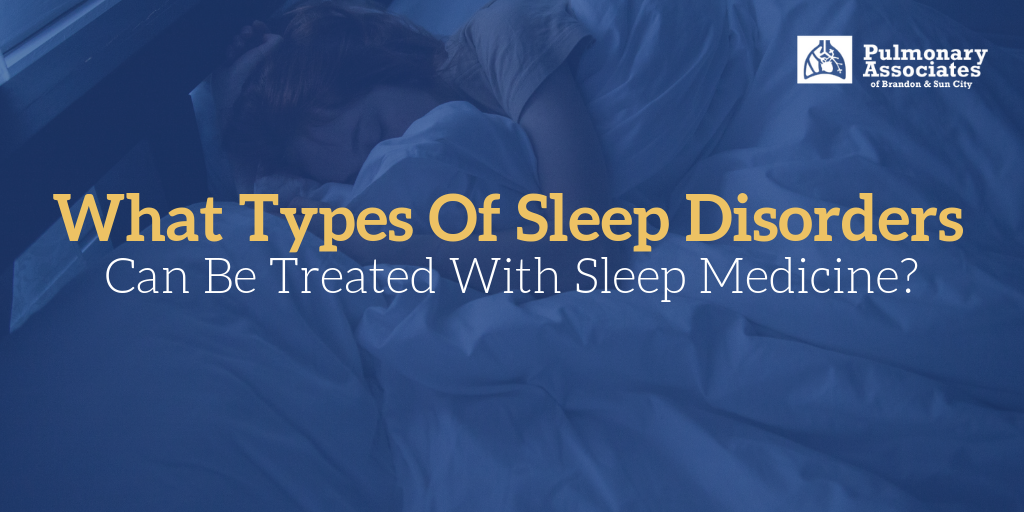Sleeping difficulties affect more than 75 percent of Americans between the ages of 20 and 59. Poor sleep or difficulty falling asleep can result from a number of factors including stress, poor health, obesity and outside influences. When sleep issues continue to occur on a regular basis and interfere with daily life, they may indicate a sleep disorder. A continued lack of sleep can affect productivity, concentration, mood and overall health.
What are my treatment options?
Knowing how to treat sleep disorders is half the battle. While some less prevalent sleep complications can be easily treated with lifestyle changes such as meditation or avoiding caffeine throughout the day, others require more specialized diagnosis and treatment, which is the case with most chronic sleep disorders. Many people with sleep disorders choose to seek out medical professionals in the sleep medicine field to assist with their sleep disorders treatment.
What is sleep medicine?
Sleep medicine is one way to treat many chronic sleep disorders. Sleep medicine is a practice where trained specialists—or sleep doctors—can assist patients who suffer from disorders or conditions that affect their ability to fall asleep, stay asleep or experience restful sleep. Physicians trained in the field of sleep medicine can research, diagnose, treat, prevent and manage complications surrounding sleep.
What types of sleep disorders can be treated with sleep medicine?
Sleep medicine physicians can treat many sleep disorders and diseases, including:
- Obstructive sleep apnea
- Insomnia
- Sleepwalking
- Central sleep apnea
- Nightmares or night terrors REM behaviors disorder
- Parasomnias
- Teeth Grinding
What are some symptoms of sleep disorders?
The first step in treating a sleep issue is recognizing the tell-tale signs of a sleep disorder. Don’t just write your lingering sleep issues off as “too much caffeine” or being “overstressed.” If believe your sleep issues are related to something beyond too much caffeine or stress, you may want to talk to you doctor about seeing a sleep medicine specialist. Some common signs of a sleep disorder are:
- Difficulty falling asleep or staying asleep
- Daytime fatigue
- Exhaustion
- Irritability or anxiety
- Falling asleep during the day
- Urge to take naps during the day
- Lack of concentration
- Depression
How are sleep disorders diagnosed?
Sleep specialists use several researched methods to diagnosed sleep-related issues, including questionnaires, apnographs, overnight sleep studies, screening devices, home sleep studies, polysomnograms and more. Once a sleep disorder is diagnosed, a sleep physician can treat using tailored methods for wellness.
Don’t allow chronic sleep deprivation and exhaustion negatively affect your life any longer. If, like many Americans, you have chronic sleep issues, talk to your doctor about sleep medicine. After specialized treatment from sleep medicine professionals, you may find you have more energy, concentration and productivity than you know what to do with!

